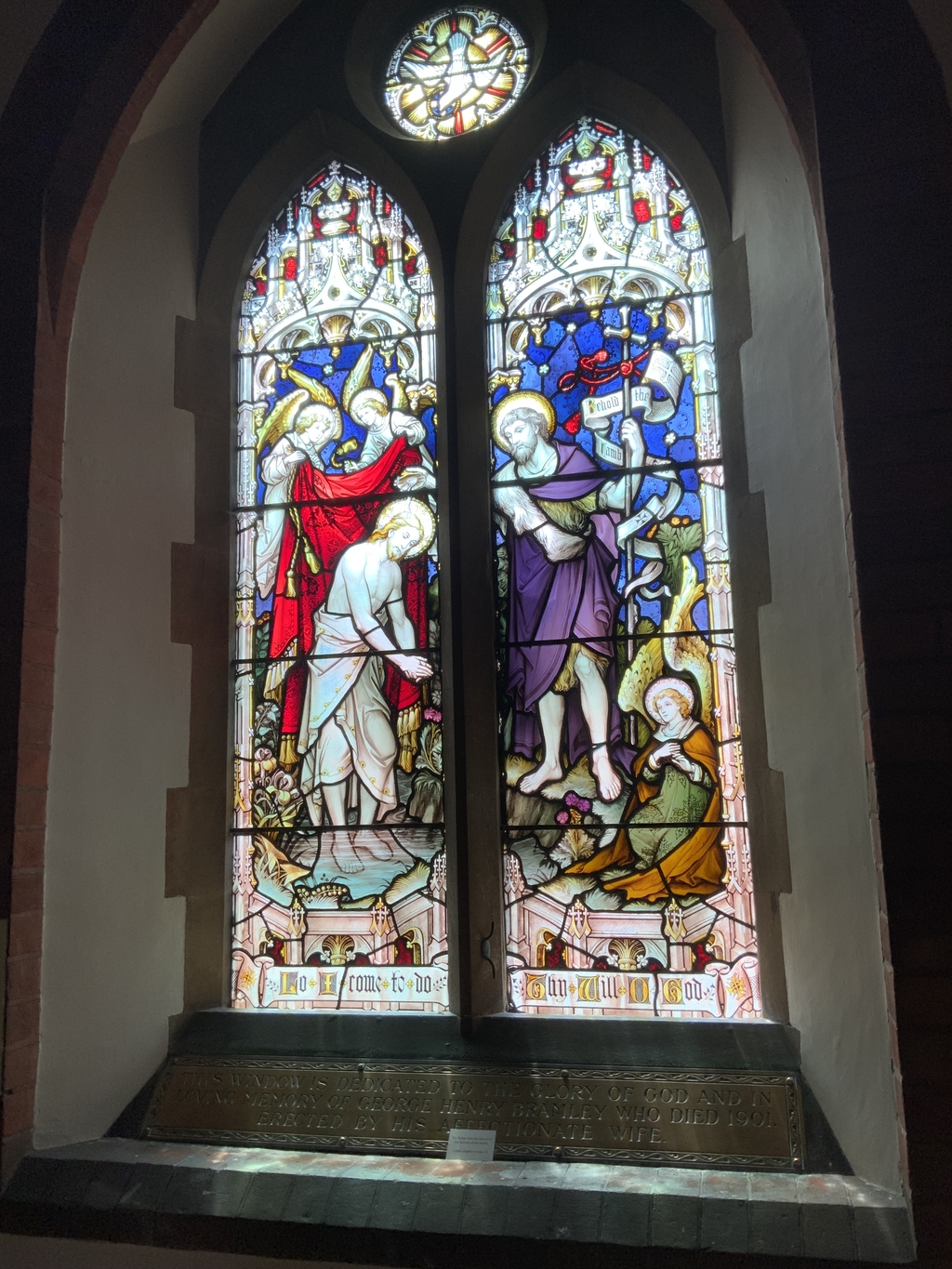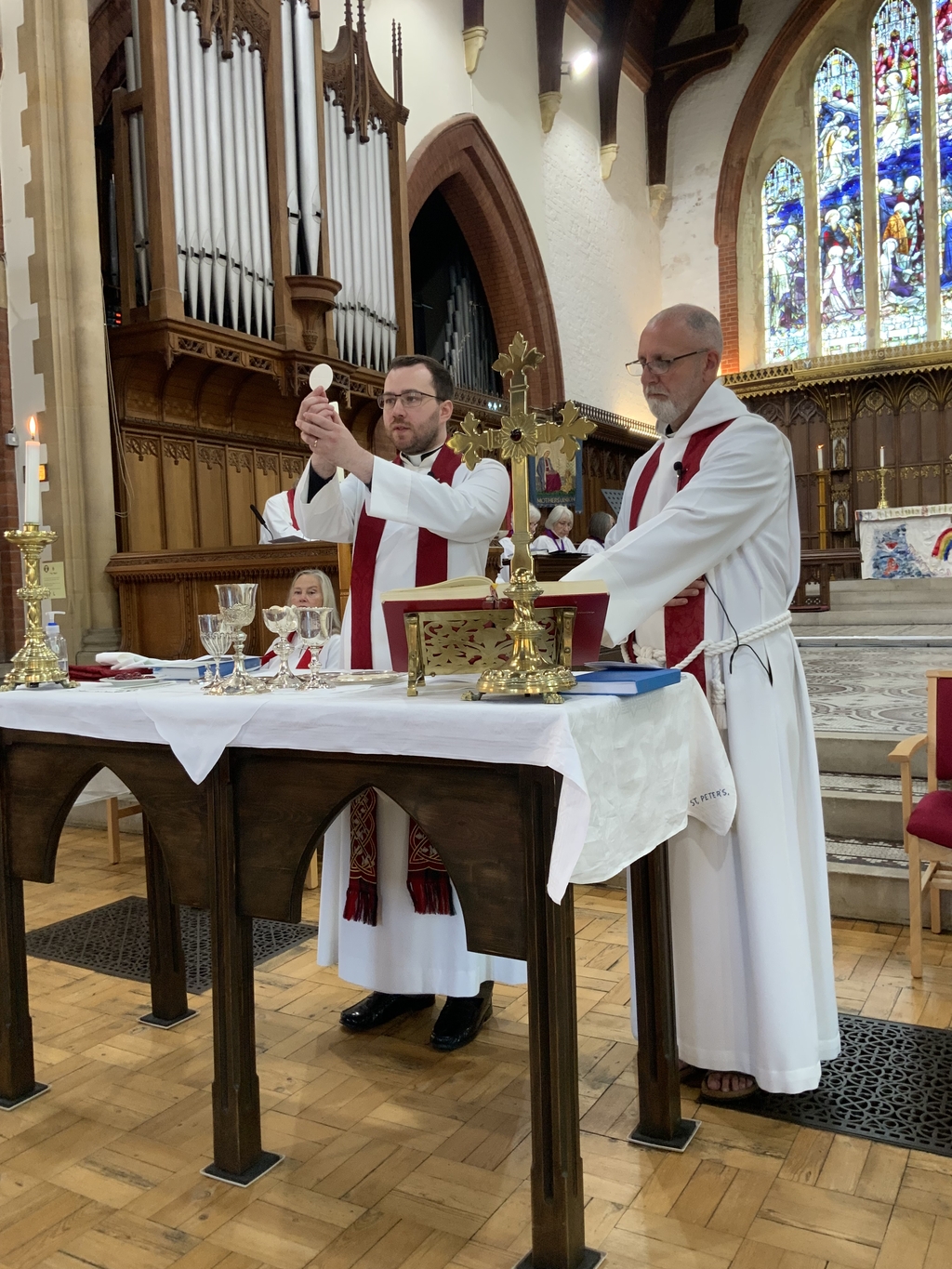Why do people get awarded badges and medals? Usually, it’s to honour them for something they have achieved, whether that’s a Brownie learning to tie knots or a soldier risking his own life to save a friend. The badges and medals help to remind the person who was awarded them of what they did. But it’s more than that. It also lets them know that their achievement or action has been acknowledged and appreciated by others. A badge or a medal says, ‘We recognize what you have done and we want to honour you and thank you.’ That’s why badges and medals are important and why they hold so much meaning. They represent an organization - or an entire country - saying ‘Well done and Thank you’.
On 11th November we marked Armistice Day, the day that peace was declared, ending the 1st World War. That’s why two minutes of silence are kept at the 11th hour on the 11th day of the 11th month: we pause to remember and to say ‘thank you’. Today, as well, on Remembrance Sunday, people all over Britain, and indeed, all across the world, meet to remember those who served their countries to preserve peace and freedom. We remember not only those who served in the 1st World War but also those who have served in any other armed conflict, those living and those who have died.
Most people want peace. Most people value democracy and the freedoms it gives us. But when going to war becomes inevitable, we rely on those in the armed forces to protect us, and, when necessary, to use force. Even for those of us who may not have any badges or medals, wearing a red poppy reminds us of those who served in wars, and especially of those who sacrificed their lives for us.
We may have seen old black and white photographs taken during past battles, showing weary and wounded soldiers and the horror, bleakness and desperation of war. Now, we can just switch on our televisions and we are shown, in living colour, battles as they happen. We can watch, listen or read daily about the war in the Ukraine. Some of us may even have opened our homes to displaced Ukranian citizens who have a fled a bombed out town, having lost their families, homes and all their possessions.
Today we can wear a red poppy and pray for everyone who is suffering now and for those who are fighting for them. We can pray for all those who have been scarred by war, soldiers and civilians alike. We can remember members of our families who may have served, been wounded or died. And while we remember them, we can also remind ourselves to live our lives with courage and selflessness, in ways that honour the sacrifices of others, and in ways that help to guard our freedoms and keep our peace.
Rev’d Christina Rees











